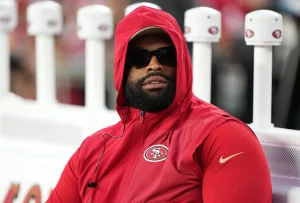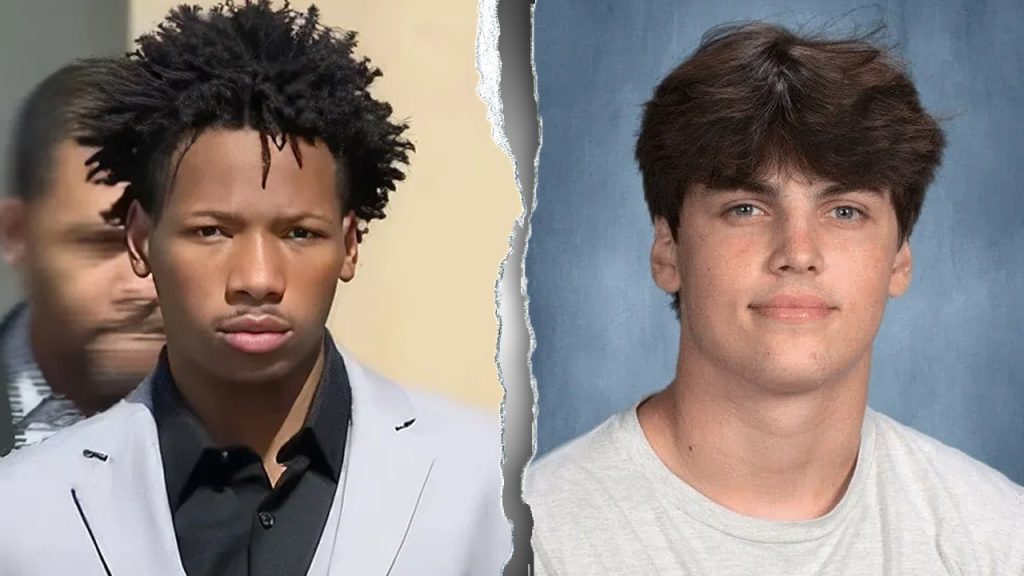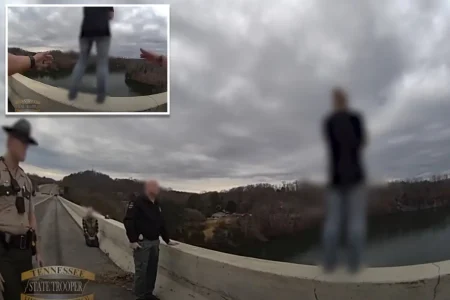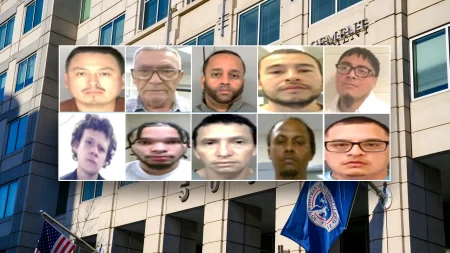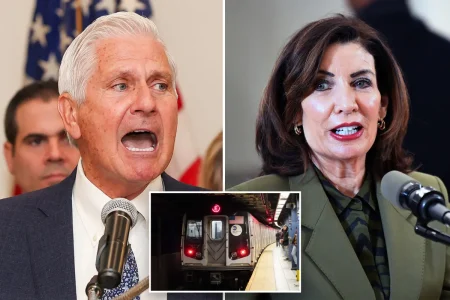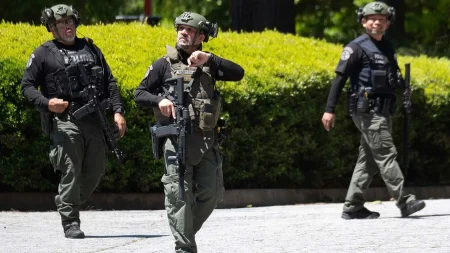Public Pressure Mounts for Release of Austin Metcalf Stabbing Video as Case Progresses
In the small Texas city of Frisco, a community continues to grapple with the tragic death of high school track star Austin Metcalf, who was fatally stabbed during a track meet in April. Nearly five months after the incident, public pressure is intensifying for authorities to release surveillance footage of the attack. The conversation gained renewed momentum on social media this week, with even Elon Musk weighing in, calling for officials to “release the video.” This public interest was partially sparked by the recent release of surveillance footage in another tragic case – the stabbing death of Ukrainian refugee Iryna Zarutska on a Charlotte, North Carolina commuter train. The contrast between the two cases has left many questioning why the Frisco Independent School District, which has confirmed possession of the surveillance video from Kuykendall Stadium, continues to withhold the footage from public view.
The fatal incident occurred during a rain delay at a district track and field championship on April 2, where a seemingly ordinary interaction escalated into tragedy within moments. According to police reports, 17-year-old Austin Metcalf, representing Memorial High School, asked fellow student Karmelo Anthony from Frisco Centennial High School to move out of his team’s tent area. What should have been a routine request between competitors quickly turned confrontational. Witnesses reported that Anthony responded by grabbing his bag and reaching inside while warning Metcalf, “Touch me and see what happens.” The situation physically escalated when Metcalf stood up and pushed Anthony to remove him from the tent area. It was then, according to witness statements in the arrest report, that Anthony pulled a knife from his bag and stabbed Metcalf, before leaving the scene. In a heart-wrenching detail that has stayed with the community, Metcalf died in the arms of his twin brother.
The aftermath of the stabbing has divided opinions and raised questions about self-defense claims and appropriate responses. Karmelo Anthony, now 18, faces a first-degree murder charge in Metcalf’s death. After his arrest, Anthony’s supporters have maintained that he acted in self-defense following Metcalf’s physical push. The judicial process has moved forward with notable developments – Anthony’s initial bond of $1 million was reduced to $250,000, allowing for his release to home confinement while awaiting trial. The court has scheduled his trial for June 1, 2026, more than two years from the incident, reflecting the often lengthy timeline of the criminal justice system in serious cases. Adding another layer of complexity to the case, a judge has issued a gag order, limiting what involved parties can publicly say about the proceedings.
The case has inevitably touched on broader social themes, with some supporters characterizing Anthony’s legal battle as part of a struggle against systemic biases. This framing has added another dimension to public discussions about the case, though the primary focus remains on the tragic loss of a young life and the circumstances surrounding it. The Frisco Independent School District’s decision to withhold the surveillance video has become a focal point for those seeking transparency in the case. Their stance contrasts with other jurisdictions that have released similar evidence in comparable cases, fueling speculation about what the footage might reveal about the sequence of events that led to Metcalf’s death.
As the community awaits the distant trial date, the absence of the video footage has created a space filled with conjecture and competing narratives. For Metcalf’s family and friends, the loss remains painfully present – a promising young athlete whose life was cut short during what should have been a celebratory school sporting event. For Anthony’s supporters, questions about proportionality of response and the circumstances leading to his actions continue to frame their perspective on the case. The prolonged timeline until trial means that both families face years of uncertainty and emotional turmoil as they await legal resolution.
The pressure to release the surveillance footage highlights a modern tension in criminal cases – balancing the public’s desire for transparency with the integrity of the judicial process. Social media has amplified calls for disclosure, demonstrating how high-profile cases now unfold not just in courtrooms but in the court of public opinion. As the case proceeds toward its 2026 trial date, the Frisco community and interested observers nationwide will continue monitoring developments, seeking answers about that rainy April day when a confrontation between two teenagers ended in an irreversible tragedy. Regardless of the legal outcome, the case represents a profound loss for all involved – a sobering reminder of how quickly youthful conflicts can escalate with devastating consequences.
